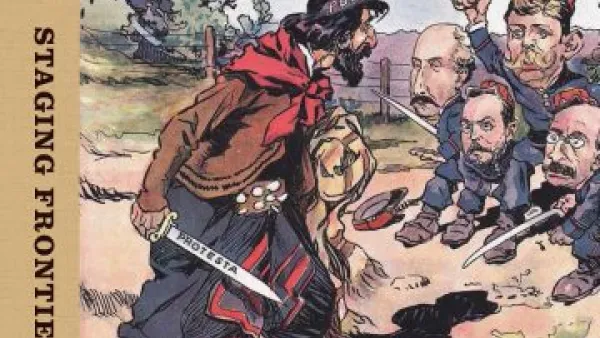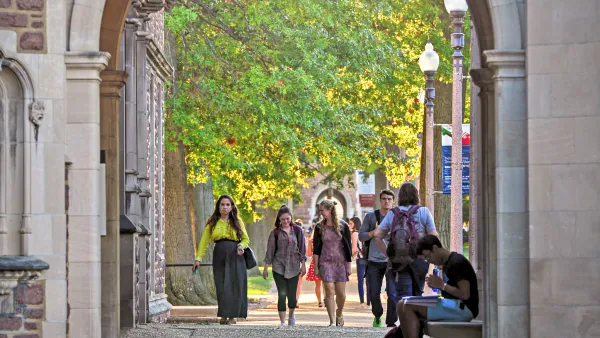William Acree is a transdisciplinary scholar whose research and teaching explore the cultural history of Latin America, the enduring impacts of everyday experiences, and the ways cultural goods and activities inflect public life, politics, and identities.
Acree’s work has engaged the cultural history of reading, delved into the extravagant, playful, and always surprising world of popular performance, studied the almost forgotten lives of Afro-Latin American writers and thinkers, and followed the emergence of modern popular culture in Latin America. Linking all these areas is Acree’s persistent interest in the everyday and lasting impact of what are often ephemeral cultural activities and products. He began developing this line of research first in Everyday Reading: Print Culture and Collective Identity in the Río de la Plata (1780-1910) (Vanderbilt University Press; Argentine edition with Prometeo Editorial), which received the Southern Cone Studies Section 2013 Humanities Book Award of the Latin American Studies Association.
More recently, this focus on everyday life took him to the circus, the world of extravagant showmen & women, and the stages of popular theater. In performance venues and and in daily interactions beyond, theater-goers explored relationships of race, ethnicity, migration, and class. The tensions playing out on stage, and between rural life and this pivotal moment of modernization are at the heart of Staging Frontiers: The Making of Modern Popular Culture in Argentina & Uruguay (University of New Mexico Press Diálogo Series; Argentine edition with Prometeo Editorial), winner of the 2020 Best Book award from the Latin American Studies Association Nineteenth Century section.
Acree is currently working on a collaborative project on the Stories that Win—political origin stories, stories of community and national beginnings, heroic tales and product launches that people tell and retell.
He received his BA from Berry College and his PhD from the University of North Carolina, Chapel Hill. His research has been supported by the National Endowment for the Humanities, a J. William Fulbright Scholar award, a Fulbright-Hays Doctoral Dissertation Research Fellowship, and grants from the Mellon and Tinker Foundations.







